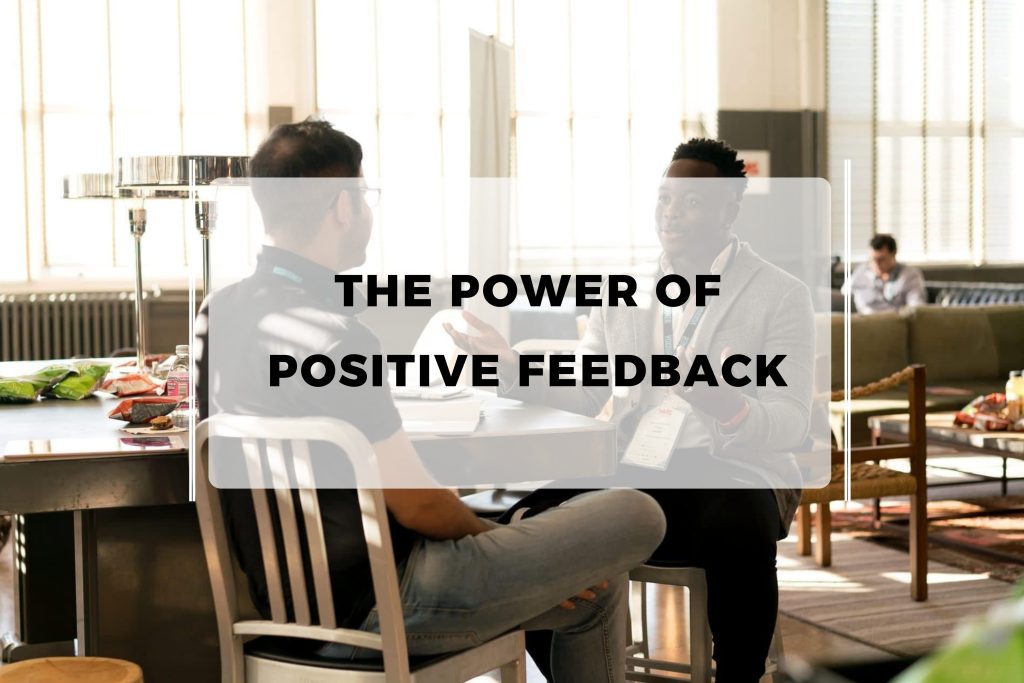As human beings, we crave feedback. It’s an essential part of growth and development, both personally and professionally. Positive feedback, in particular, can be a powerful motivator that helps us build confidence and enhance our skills. In the workplace, positive feedback can be especially valuable, as it can boost employee morale, increase job satisfaction, and improve overall performance.

What Is Positive Feedback, and Why Is It So Important?
Positive feedback is a form of communication that focuses on the strengths and accomplishments of an individual or team. It’s about recognizing and reinforcing what’s going well, rather than just pointing out what needs improvement. Positive feedback can take many forms, from a simple “great job” to a more detailed recognition of specific achievements.
The benefits of positive feedback are numerous. It can improve employee engagement, productivity, and retention. Studies have shown that employees who receive regular positive feedback are more likely to stay with their current employer, feel more committed to their work, and are more willing to go above and beyond. Positive feedback can also help create a positive work culture, where employees feel valued and appreciated.

The Challenges of Giving Positive Feedback
Unfortunately, many managers and leaders are not trained to give positive feedback effectively. They may be hesitant to praise employees for fear of coming across as insincere or showing favoritism. Others may be so focused on addressing problems and weaknesses that they overlook the importance of recognizing strengths. However, giving positive feedback doesn’t have to be difficult or awkward. With the right approach, it can become a natural part of your leadership style.
Tips for Giving Positive Feedback Effectively
Here are some tips for giving positive feedback effectively:

Be Specific
Rather than just saying “good job,” be specific about what the individual or team did well. Point out specific behaviors or accomplishments that deserve recognition. For example, “Your presentation was engaging and informative, and you did an excellent job answering questions from the audience.”
Be Timely
Don’t wait too long to give positive feedback. The closer in time you can give the feedback to the behavior you’re recognizing, the more impactful it will be.
Be Sincere
People can tell when feedback is insincere, so make sure your praise is genuine. If you’re struggling to find something positive to say, take a moment to reflect on what the person or team has done well, and let them know you appreciate their efforts.
Be Frequent
Positive feedback should be given regularly, not just once in a while. Make it a habit to look for opportunities to recognize and reinforce positive behaviors and accomplishments.
Be Balanced
While it’s important to focus on the positives, don’t ignore areas that need improvement. Giving balanced feedback that acknowledges both strengths and areas for improvement can help individuals and teams continue to grow and develop.
In conclusion, positive feedback is a powerful tool that can have a significant impact on employee engagement, productivity, and retention. By focusing on the strengths and accomplishments of individuals and teams and giving specific, timely, sincere, frequent, and balanced feedback, you can create a more positive and supportive work environment that encourages growth and development.
